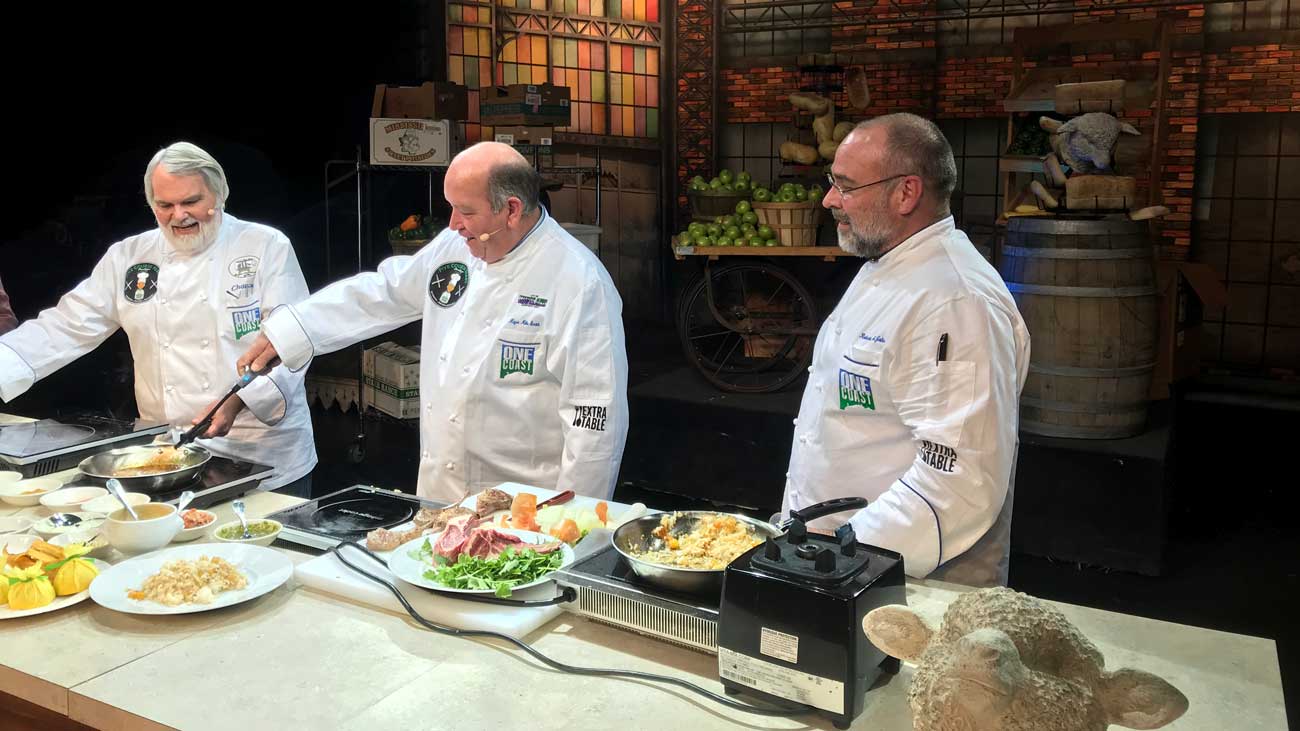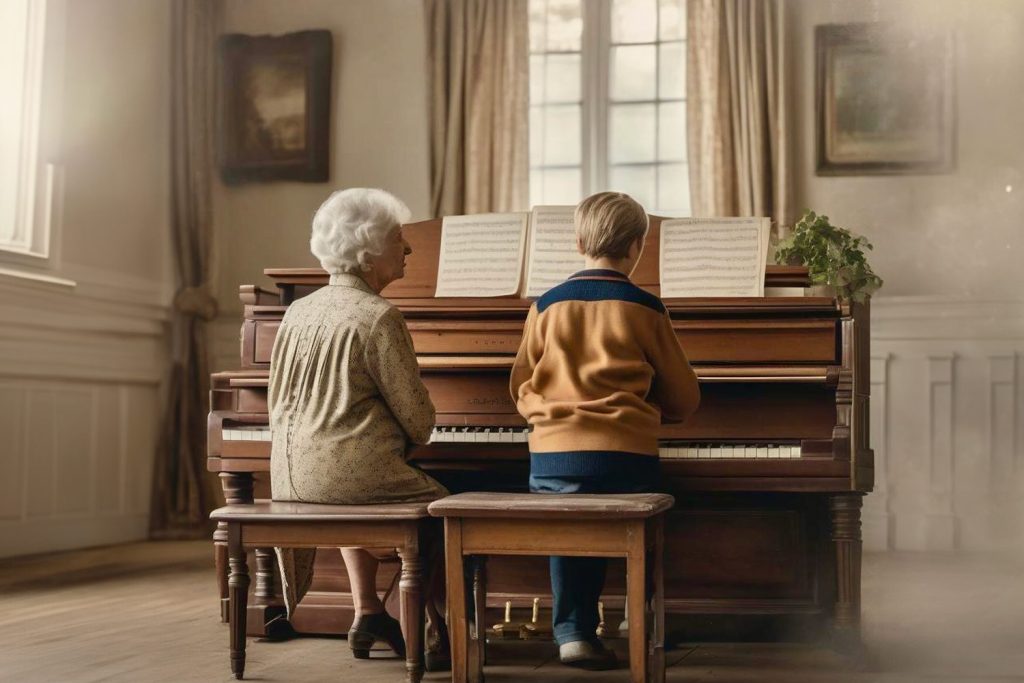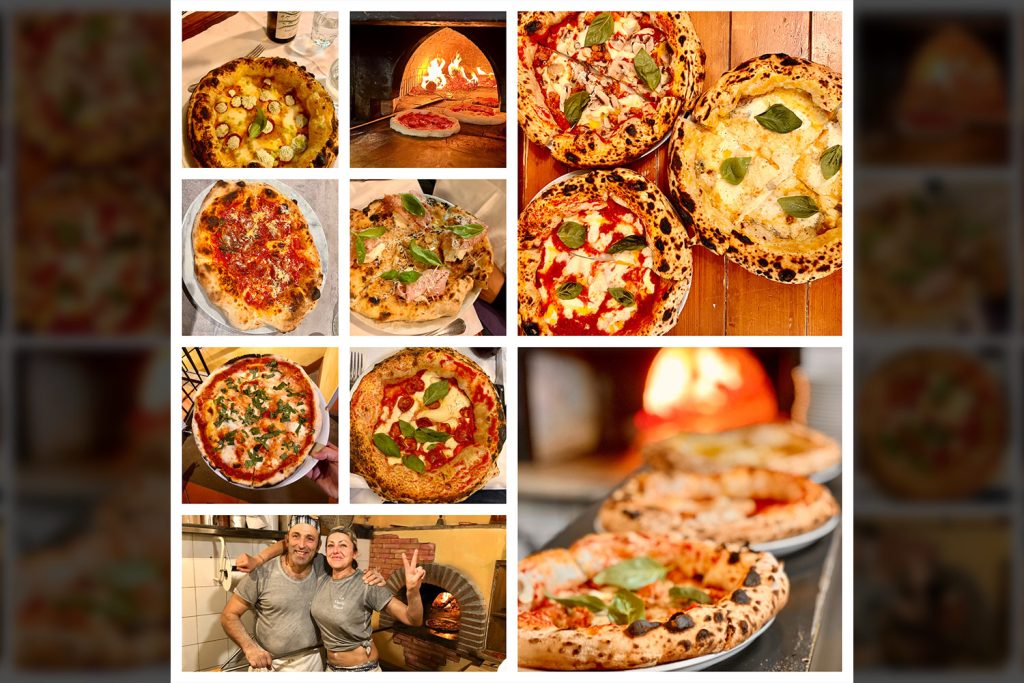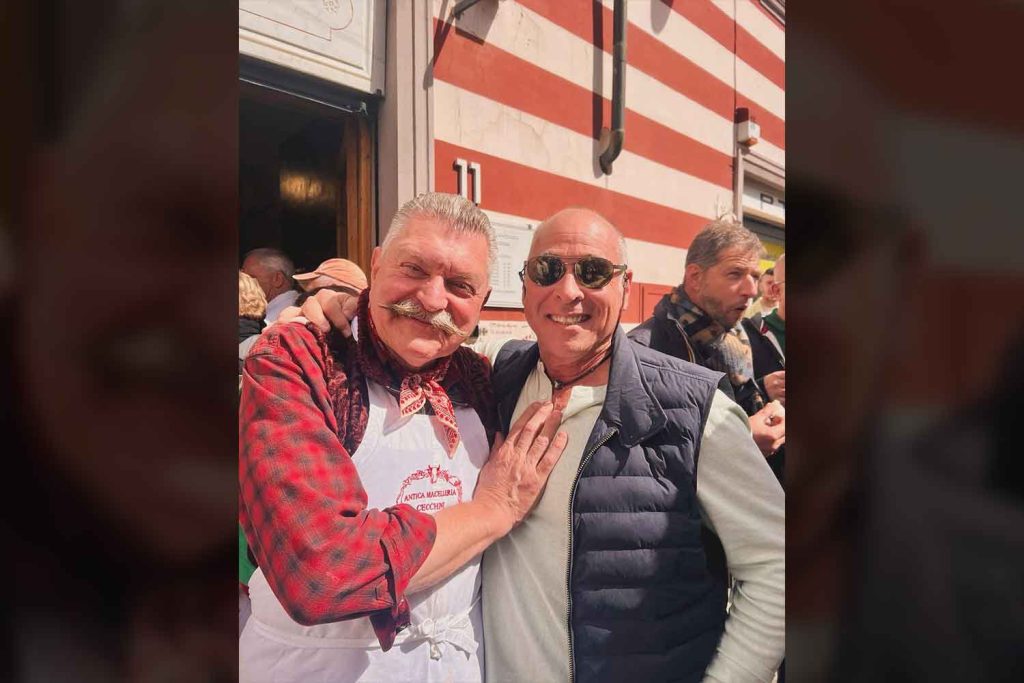9.9.11
11:15 a.m.
I woke up in the tiny ship’s cabin in the port of Piraeus near Athens, Greece at 6 a.m. Jill was awake and had been looking out of our porthole for the last two hours. She wasn’t interested in the city view of Athens, the activity in the port, or the dockworkers schedules. She was trying to see if our car was still in the parking lot after our mad dash through the boarding process a week ago.
Athens traffic is insanely hectic. Drivers make five lanes out of three. Last week, on our way to the ship, we were lost, we were late, and we were about to miss the cruise, so I hurriedly asked a harbor patrol officer where to park. He pointed to an empty space and said, “there.” So that is where I parked and we checked ourselves through customs and boarded the ship.
As the ship was leaving the port, I began to wonder if the man was showing me where I could temporarily park just to unload. The port didn’t look like the safest place, and I worried if the car would be secure at night— for seven nights.
All week on the cruise I have fretted about the fate of the two-week old, 2012 Volvo with 2,000 miles on it– a car that is supposed to take us all over Europe for the next year.
Within seconds of waking, I scrambled to the top deck of the ship to see if I could locate the car, but the captain had docked in a different port location from the previous week’s anchorage. I had no clear view of the parking spot or the building near it. Ultimately, I had no idea whether the car was there or not.
We skipped breakfast and boarded the shuttle bus with the swarms of people who were also getting off of the boat at that early hour. The bus dropped us off short of the main port building so we changed busses.
As the new bus approached the port building, I thought back to the first two weeks of our trip (just three weeks ago). Those days had been trouble free. The worst thing that happened during that initial period was being ripped off by an old woman selling figs on the side of the road.
I prayed that the car was in the spot where we left it. I had been praying for a week. Jill, too.
As we made the approach, I took inventory of the potential outcomes around the next corner:
1.) The car would be there and intact.
2.) The Greek authorities would have towed the car.
3.) The car might have been broken into, and all of our clothes, luggage, and personal items (save the few things we brought aboard the ship) would be gone, and all of the windows broken.
4.) The car was stolen and gone forever.
Four options were staring us down, and three of them weren’t good.
The car wasn’t there.
I passed through the overcrowded building where three other mammoth cruise ship’s passengers were disembarking and exited through the main entrance into a mass of tired and confused tourists to speak to the port police (the one’s who told me to park in that spot in the first place). In extremely broken English, and with no concern or emotion, the port authority officer told me that the car had been towed, and I would need to speak to the police inside.
This wasn’t too bad because I assumed that the car was likely safe and in the possession of some type of group in a position of authority. I wasn’t sure if all of our luggage and personal items were in there, but they could be replaced.
I didn’t think the car could be replaced, since it was owned outright by me and the only insurance on it was through Volvo. Two days ago I realized that I have no idea if Volvo’s insurance covers a stolen vehicle.
I went to the police office inside the building and they directed me to another police office next door. After knocking on the door for 10 minutes, a police officer, who looked as if he had just been awakened from a nap, came to the door.
I explained my situation for the third time in 15 minutes to this policeman and he spent another 10 minutes on the phone trying to locate the car. After finally locating the car, he gave me the address to yet another police station across town and told me it would cost 40 euros to get my car back.
That’s not too bad, I thought to myself. I would have paid more than double that amount to park it in a safe lot. This might actually be a blessing.
I grabbed the family and our bags and walked outside into the exhaust-filled debarkation madness to hail a cab. There were three in the immediate queue and dozens behind them. The one we were supposed to take— according to our place in line— was being operated by a driver who was screaming, what I assume were, Greek obscenities at another driver. I made a quick judgment call and hopped out-of-turn in the queue and into the cab of a friendly-looking cab driver.
I explained our situation (the fourth time) to the cabbie and gave him the address of the police station we needed to visit. The station was in such a remote location that he had to radio the dispatcher for directions— not a good sign.
At this point, I should remind the reader that I am speaking English. I don’t even know how to say “please” or “thank you” in Greek. The people I am speaking to speak a little English, but not much.
Our cab driver took us across town into what had to be the worst neighborhood in Piraeus. He stopped the cab at some type of satellite police depot manned by two young officers— one male, one female.
I have no idea what type of facility the building housed because— even though I know the Greek alphabet— once alpha, beta, gamma, delta, and the rest are put together to form words, they makes no sense to me. I now realize what is meant by, “It’s all Greek to me.” The Germans, Italians, and Danes speak another language, but they use our alphabet— or we use theirs. Nevertheless, you get the picture. Things are decipherable.
I asked the driver to keep the meter running and instructed the family to stay inside the cab while I went inside to talk to the police about getting the car out of the impoundment lot.
I did my best to explain our situation (this is the fifth time if you are still counting) to the policewoman behind the counter, whose English was worse than the others, and— as best as I could decode— she told me that I would have to go to the lot and pay 70 euros. That was a different amount, but it was understandable, as the man at the port was half asleep when he gave me his estimated amount.
I asked the policewoman to come outside to explain to the cab driver where we needed to go and what I needed to do. He wasn’t much of a translator, but he was all I had at the moment, and he seemed genuinely concerned with our welfare at that point.
After the cabbie and the policewoman spoke for five minutes, the cabbie told me that we would Go to the lot and pay,” and then “Go to the post office and pay,” and then we would be able to get our “numbers” in two months.
“Excuse me,” I said. “Numbers? Two months?”
The cab driver explained that the police were going to give me my car, but they would keep my “numbers” (license plate) for two months, and I could only drive the car for two hours— one time— until I got the numbers back.
The price was going up, and our position was going down, fast. This was not a blessing. We were only supposed to be in Athens for the next two days. There were six countries that were on the schedule over the next three weeks, and we had to pick up Wyatt in Italy to begin working on the book on October 1st. We were going to need way more than two hours of driving time to accomplish all of that.
I lost my focus for a minute because the “two hours, one time” thing threw me off.
I asked” Why two hours? Why only one time?”
I never received a clear, intelligible answer.
I was a little discouraged, but, since we were tourists, I thought I might be able to reason with them and eventually earn their favor. The policewoman said that her supervisor would be there in two hours, so we set out in the cab to find the lot where the car was stored, with plans to return and appeal to the supervisor.
I quickly learned that the small police depot was not in the worst neighborhood in Piraeus, not even close— not by a long shot. The car-impound lot made the other neighborhood look like Club Med.
Our car was stored at a wrecker service run by a group of rough-looking Greek men who told me that I had to give them 130 euros to get my car out of their lot. At the rate prices were escalating with every visit, I thought it best to just pay the money and not haggle to get the car back.
I had no leverage, anyway, so I gave them the almost all of the euros left in my wallet, backed the car out of the lot, and asked the cab driver to let me follow him back to the police depot where we could park the car, and then ride with him to the post office to pay the parking violation.
The Volvo was in good shape and looked just as it did when we left the port. Nothing was missing that I could see. I parked it at the police depot and hopped back into the cab.
On the way to the post office I had to stop by an ATM to get money because I wasn’t sure if the 40-euro post-office fee might grow to 80 euros by the time I got there.
AT the post office I paid 40 euros, quickly thanked God for throwing me a bone, and asked for a receipt.
The cab driver took us back to the police station where the male officer asked me to move the Volvo— which I had parked there 20 minutes earlier— or it would be towed. I moved it quickly.
I paid the cab driver and thanked him profusely for his much-needed and much-appreciated assistance.
Minutes later, as I was moving the car, the cab driver came running out of the police depot yelling excitedly that the supervisor was there and we needed to come inside right away.
I called for a family huddle and told the kids that the emotion we needed to physically portray in the police station was “sad,” not “mad.” I told them to put on their best pitiful face. The kids complied. Jill said she’d give it a shot.
I stood across a green metal desk next to a wall of shelves filled with license plates while the Greek policewoman and her female supervisor reeled off a lot of quick and staccato Greek to each other. They gave Jill and me the once-over, noted the kid’s pitiful faces (Oscar-worthy, by the way), asked for the vehicle registration, asked me to fill out and sign some paperwork (I think they just wanted to compare signatures on the car’s title), and then they went to the wall of filled with hundreds of license plates, searched for a minute, and gave us our “numbers.”
It was 9:15 a.m.
We drove to the hotel, but were there too early to check into our room. No worries, we had our car. We had our luggage. We were off of the ship.
I drove to the car to the safe parking lot a few blocks from the hotel (the one I had used the week before, and ultimately the one I should have left the car in and taken a cab to the port), and we went to have breakfast at the foot of the Acropolis.
While eating a croissant, I was feeling grateful for the angel on my shoulder. We had given the Greeks a lot of our money and worried for a full week at sea, but we were alive, and we had a car.
The cab driver had been a key component in our success. Had I gone with the original, argumentative cabbie, things probably would have turned out much worse, if at all.
I plan to add additional coverage to the Volvo as soon as offices open back in the states.
All was well.
After lunch, we returned to the hotel. The four of us sat down in the lobby to count our blessings. We were grateful that things hadn’t turned out as bad as they could have, and looking forward to a less stressful outlook for the rest of the day and the rest of the year.
It was around that time that Jill screamed, “Oh no! We left all of the kids school materials, notebooks, and clothes in the closet of our cabin on the ship.”
It was 10:00 a.m.
Jill swears the Fig Lady put a gypsy curse on us.



